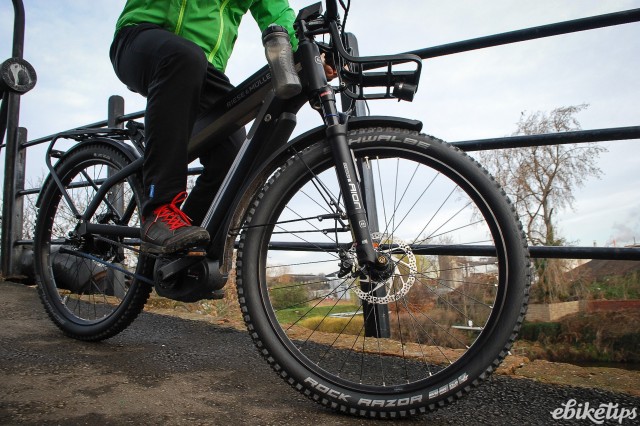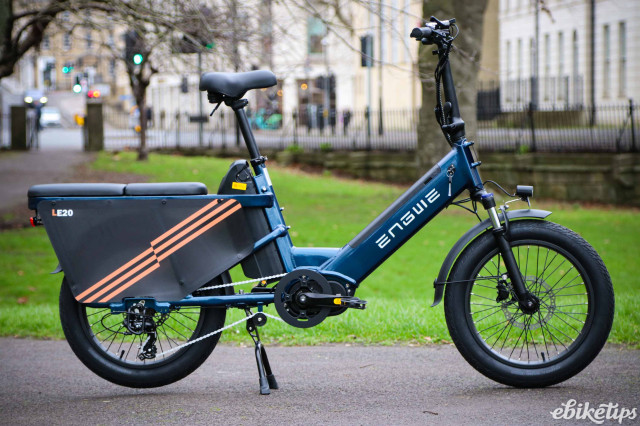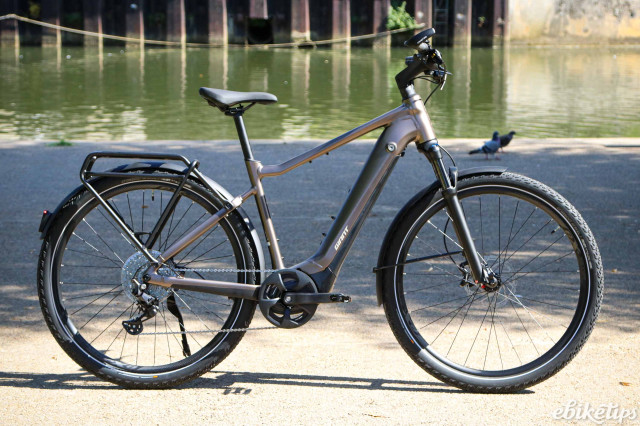Research from Mintel estimates that 14% of cyclists could buy an e-bike in 2019. Although only 6% of UK cyclists currently own one, the popularity appears to be growing.
For cycling overall the findings were less positive - the total percentage of the population who cycle went down from 38% in 2015 to 27% in 2018, which is the third consecutive year of decline. The e-bike revolution is on an upwards trajectory though, with an 8% increase in e-bike sales by volume and uptake increasing.
An impressive 70,000 e-bikes were sold in the UK in 2018, and that figure is set to rise with 14% intending to by one this year. Furthermore, 45% of current cyclists say they would be interested in trying out an e-bike, and even 32% of 'potential' cyclists would like to test ride an e-bike. The general decline in cycling was found to be for various reasons relating to concerns about road safety and cost, while 24% attributed it to poor fitness; e-bikes can of course do much to solve the problem of the latter two, being cheaper to run than cars despite a higher outlay than standard bikes, and of course they're less strenuous because of the motor.
Senior Analyst at Mintel John Worthington says: “E-bikes are still in the ‘early adopter’ stage, their core customers most likely to be technophile men under 45. The challenge and opportunity for bike brands and retailers is to market the e-bike as something less ‘techy’ and more mainstream. The e-bike could be the catalyst for opening up cycling as a whole into a more mass participation activity, becoming far less dependent on its Lycra-clad image.
"The emergence of e-bike hire schemes is likely to provide a stimulus to the burgeoning e-bike market. For major retailers and dealers this is now the fastest-growing product. While some may be happy to rent, others will no doubt wish to acquire their own models. It is likely that many customers may delay purchasing an e-bike, waiting to see if prices come down. Current economic uncertainty may also cause would-be buyers to defer payment. While younger generations are far more sensitive to these economic pressures, those over 40 are more likely to spend in the £1,000+ category - which is what most e-bikes cost.”






